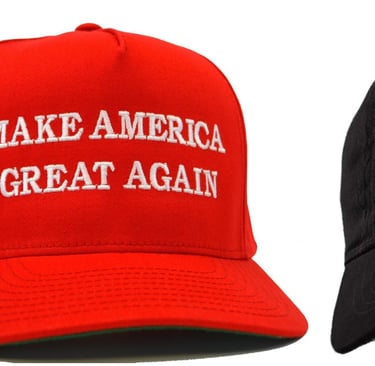Behind Doors 1, 2 and 3
Political affiliation as Civil Rights' final frontier
CENSORSHIP
Daniel Donnelly
8/3/20252 min read


Project Veritas’ exposé in September 2022 of educrats admitting employment discrimination raised the spectre of coerced morality by way of Civil Rights legislation. There are several ramifications and dimensions to consider on this topic, whether you agree with such legislation or not.
Discrimination at hiring may be unlawful if it considers factors such as race, religion, gender, sexual orientation, age and marital status, but the educrats recently exposed — one an assistant principal at a public school in Connecticut, and the other an assistant principal at a charter school in Manhattan — spoke mostly of animus against ideological opponents. They may argue that in the strictest sense, discrimination against applicants based on applicants’ perceived politics is permissible. Of course, the fact that they dissembled this stance and it came to light only by clandestine videography, somewhat undermines their position.
That leaves political ideology/affiliation as the final frontier of Civil Rights, yet there seems to be no political will to fight that battle. Sixty years ago our society thought it unacceptable that an applicant could show up to a job interview and be rejected based on the applicant’s skin color. Nowadays that rejection would be based on the applicant’s partisan bumper sticker, and there’d be no legal recourse in many instances (documented examples of political discrimination in the comments).
Considering that this country has been attempting to “coerce” commerce between diverse peoples in society since at least the Civil Rights Act of 1875, there are only three options which confront us. Behind Door #1, we allow establishments to exclude any person or whole class of people based on perceived intrinsic (race, sex, age, etc.) and/or acquired characteristics (ideology, partisan affiliation). Establishments hire and cater to whomever they want, and the more inclusive establishments demonstrate their position’s virtue by hiring the best talent and capturing business from the widest public possible. For those establishments preferring to remain discriminatory, staff and patrons feel more at ease with “their own kind,” whatever that perceived kind is. Maybe that plays out as an urban restaurant staffed and patronized by liberals wearing P-hats, or a rural academy teaching automotive repair staffed and attended by MAGA hatted conservatives.
Behind Door #2, we close Civil Rights legislation’s last loophole allowing political discrimination, and “coerce” commerce between people. Now government intervenes if an establishment discriminates against a job applicant based on a political post on social media by applicant. Workplaces are a mix of people with diverse political inclinations, just like in society as a whole. Individuals in such environments feel unease since they never know who shares their values in their surroundings, but increased polarization in isolation is avoided since the coerced admixture of people brings differing ideas into contact with each other. At gunpoint the Christian bakery prepares the gay wedding cake, the liberal-owned banquet hall accommodates a Klan ceremony, and interstate commerce flourishes.
All this is merely a thought experiment, so far be it from me to suggest any one solution here. Nevertheless, this is an issue which will have to be resolved in the near future, because the only other door remaining is #3, painted bright red… and you never want to open that one.
Originally published September 9th, 2022, on Facebook.
